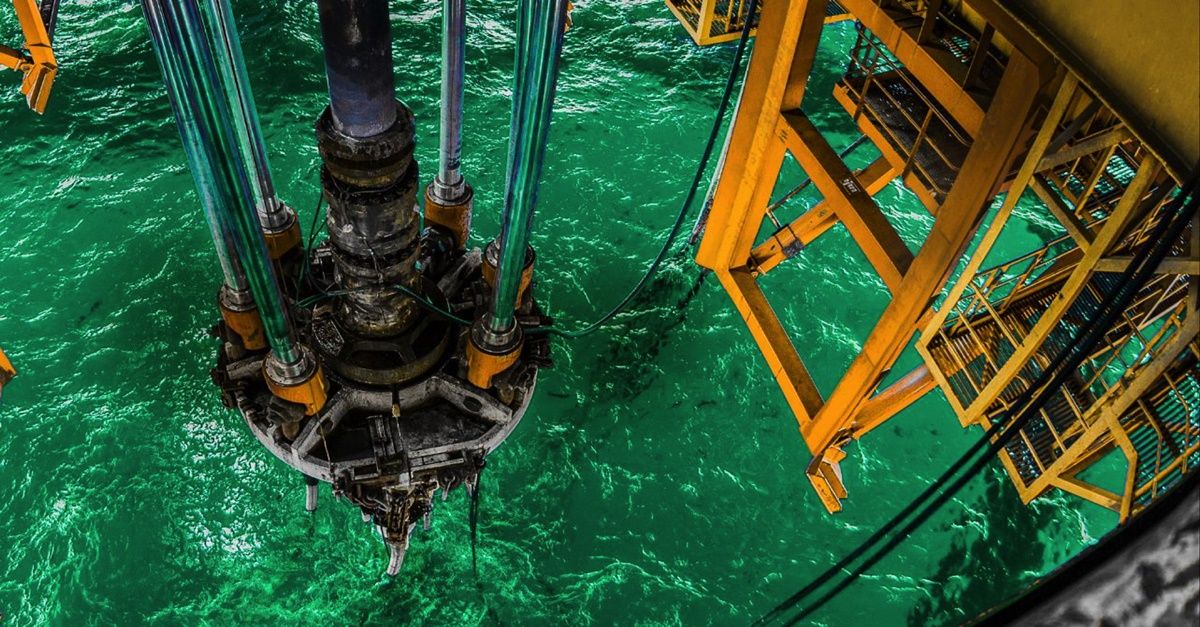
According to the notice opened by Petrobras, the deadline for submitting proposals will begin on September 25
Petrobras launches public notice (7003222300) on the Petronec website to hire up to 566,4 km of flexible pipelines. The bidding is divided into two lots and has a gross budget of more than 6 billion reais. Comperj: Petrobras opened tenders for Civil Construction, Electromechanical Assembly, Interconnections, Commissioning and Testing works
Read other news about Petrobras and the oil sector
- Oil companies Halliburton and Baker Hughes were the only companies to present proposals in a Petrobras tender to hire well stimulation services
- IMMEDIATE hiring: Company specialized in naval repair and maintenance recruits fundamental level candidates in Macaé for positions as Helper, Welder and Boiler
- No matter your background Engineering, Recruitment and Selection Halliburton Macaé for offshore vacancies on this day, September 08th
According to the notice opened by Petrobras, the deadline for submitting proposals will begin on the 25th of this month and the date for opening the envelopes will take place on October 2nd.
The first batch is expected to supply up to 340 km of flexible pipelines, with a gross budget of R$ 4,047 billion. The second batch of the tender opened by the state-owned company, contains 226,4 km of lines, with a gross budget of R$ 2,775 billion.
The scope of the service also includes the supply of accessories and freight, the leasing of coils, storage and loading services for flexible pipelines and technical support, installation and assembly services.
Interested parties can check the public notice and all the complementary documentation of the bidding (7003222300) directly on Petronec's website.
The decision on the use of rigid or flexible pipelines to transport oil or gas in a subsea environment depends on several factors that may even make one of these alternatives unfeasible.
Some of these technical factors can facilitate the decision, such as: type of product to be transported, presence of corrosive gases (H2S, CO2), depth, distance between the wells and the floating unit, stability of the production unit, diameter and total length of the pipeline, etc.
Others can be considered opportunistic, influencing the final decision not for a technical reason, but for a market situation, such as; need to implement an anticipated production system, possibility of modifying the layout of the pipelines to accommodate changes in the location of the well, long-term agreements (frame agreements), availability of vessel for installation, etc.
This competition between concepts became unfair in Brazil, as a result of Petrobras' decision to encourage the increase in local production capacity of flexible lines and the contracting of special launch vessels (PLSV) for the long term. With that, Brazil then became the largest producer of flexible lines in the world, with four large manufacturing plants, and Petrobras being the largest charterer of special PLSV-type vessels.
This unique combination of PLSV supply and charter contracts has made the flexible pipeline today a hegemony condition in the Brazilian market, difficult to be broken by other solutions. In addition to this “economic” factor, we also have the atypical situation of a lack of technicians or engineers with experience in rigid pipelines, making it even more difficult to promote this solution in the market. In turn, the Petrobras team with this expertise is focused on Cenpes.
Although, in a simple analysis of the price per linear meter of each product, there is a substantial difference in favor of the rigid pipeline, Petrobras' use of the flexible solution in most of its projects proved to be a success, both from an economic point of view and from the point of view of reducing the time between discovery and the start of production in a given field.
Considering the challenges set out above and in order to meet the requirement of its partners for confirmation of the real economy of flexible pipelines, Petrobras decided to launch a new tender for the supply and installation of risers for the Mero field (formerly Libra 1), with the application of either of the two concepts being permitted.
However, in order for us to have a fair competition, it is necessary to establish some clear criteria for comparison. Below we list some points to consider.
The use of a rigid duct with internal insulation made of inert material guarantees a useful life for the riser equal to or greater than the expected life for the field, with no risk of rupture and consequent production stoppage or even possible environmental damage, a condition that is not guaranteed for the flexible solution. This factor must be taken into account when making the final decision, and it is necessary to be clear in the documentation which criteria will be adopted for this evaluation.
For the solution using flexible pipelines, the use of launch vessels chartered by Petrobras and with a contract still in force should not be allowed. This action will level the proposals for each concept with regard to the cost of mobilizing launch assets.
For both concepts, identical conditions of premium or penalty must be created with regard to the deadline, both for the mobilization of installation assets by the contractor, and in the availability of the FPSO by Petrobras for the start of work.
The development of offshore fields in ultra-deep waters (> 3.000 m) will require the use of rigid pipelines. The market needs to adapt to this new reality, reducing the competitive barriers that exist today and creating an industrial park capable of meeting this demand in an economical way. Actions such as the creation of local bases for the manufacture of long stretches of rigid pipelines, availability of assets for the installation of pipelines and the use of new FPSO concepts with greater stability are long-term actions that will allow fairer competition between the two concepts.
Finally, there is no single answer to the initial question of this article. The final solution to be used depends exclusively on the market and will certainly be the most advantageous, both for the operator and for the supplying companies. So we all hope!
Américo Oliveira is a consultant with extensive experience in subsea project management, strategist and new business developer.
por- brasilenergia – Marcus Tadeu Rodrigues de Paula Petroleum engineer with more than 25 years of service for Petrobras, having been manager of several subsea installation projects

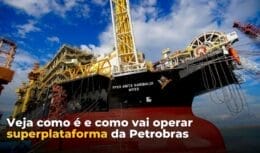
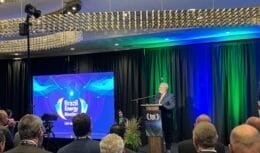
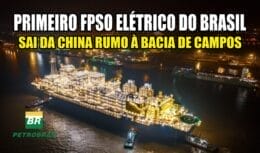
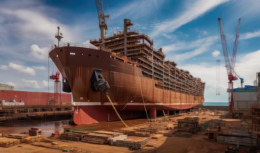






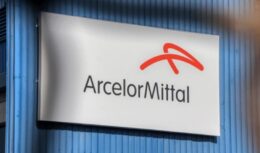
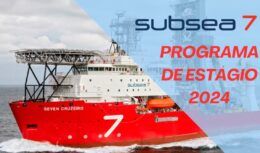
Army summons Brazilians with up to…
Come be a watermelon, you too
Air Force F-16 fighters…
Everything is fine, 100-year secrecy,…
Air Force F-16 fighters…
Well... It's flying scrap... Typical...
Air Force F-16 fighters…
Which genocide are you talking about? Than…
They discover the third largest deposit…
That’s why all foreigners and NGOs…
It could be that these older people…
I am a carpenter, assembler of all types…
I'm a carpenter I want
I wanted to understand better!
I am available
GOOD LET’S GO SO THIS NEW TRAIN…
I am interested in working in construction
Xoooooou! Send more photos of this place…